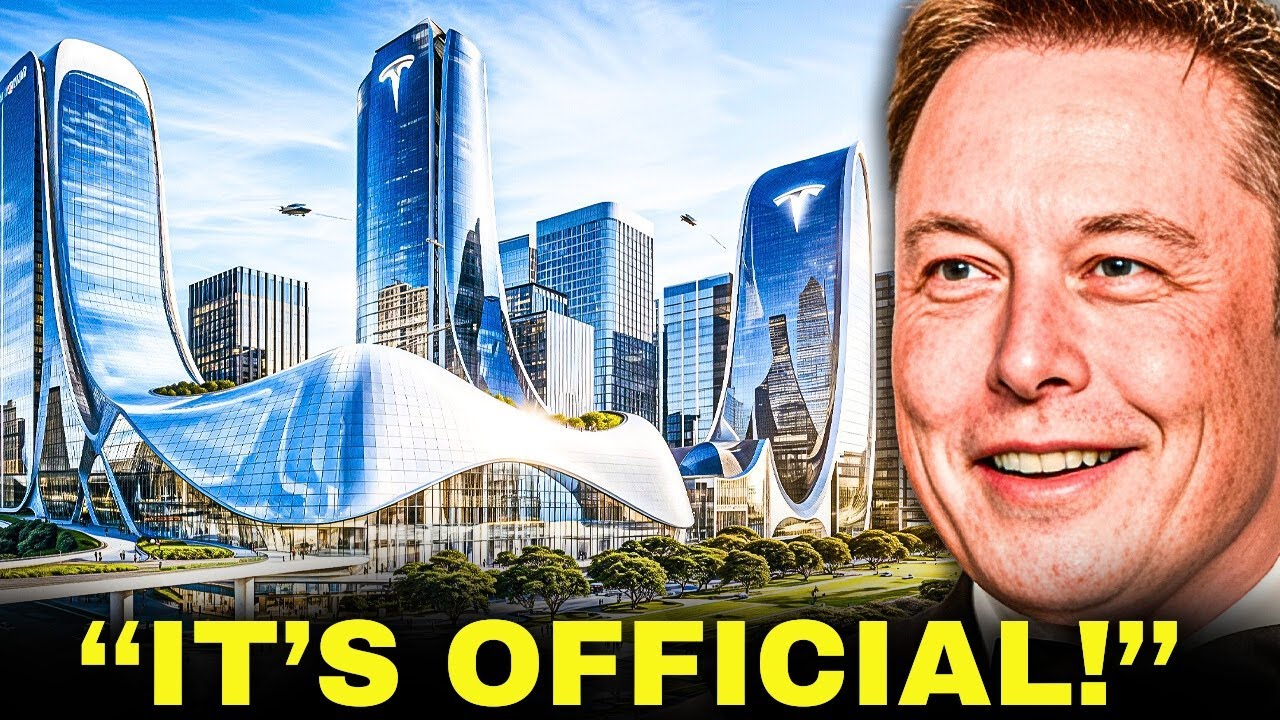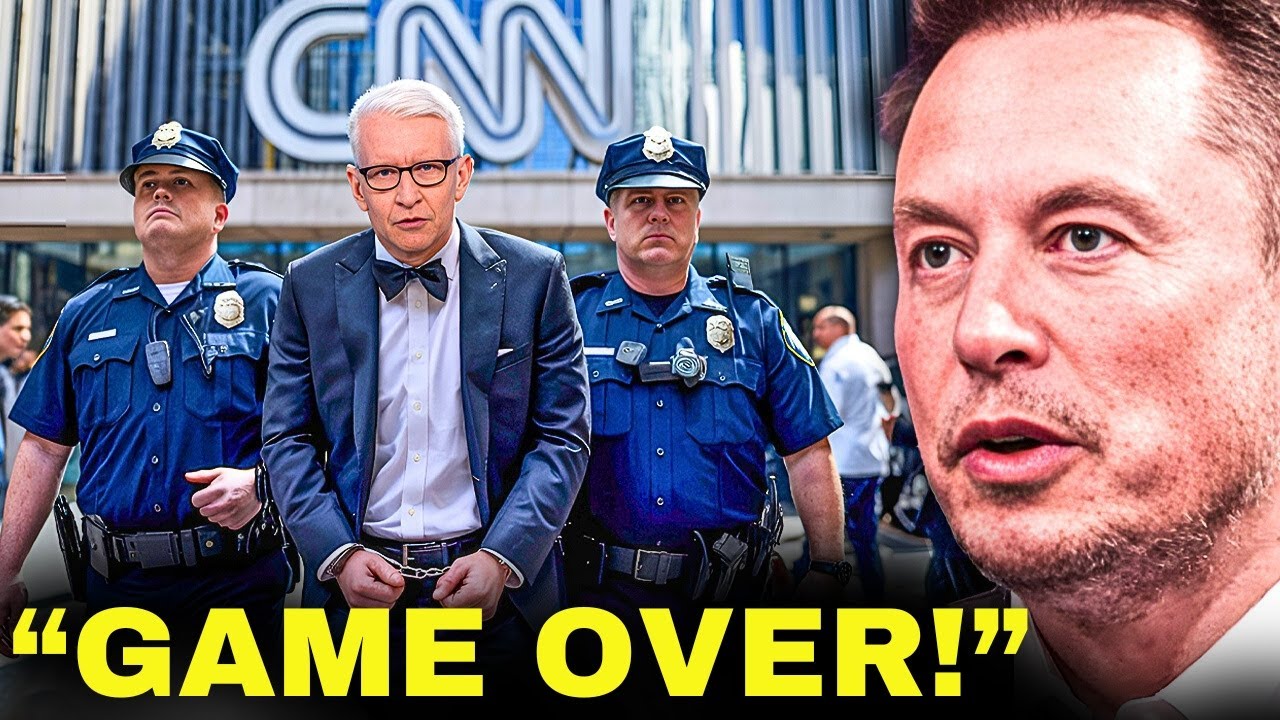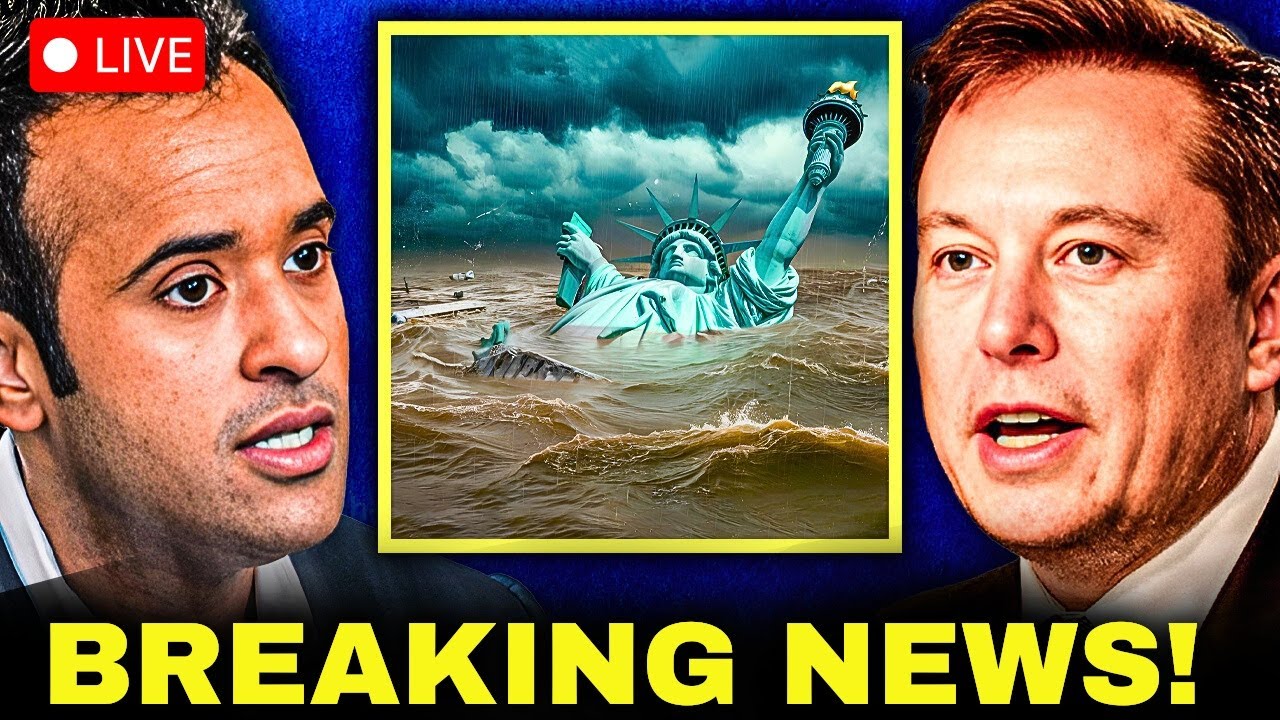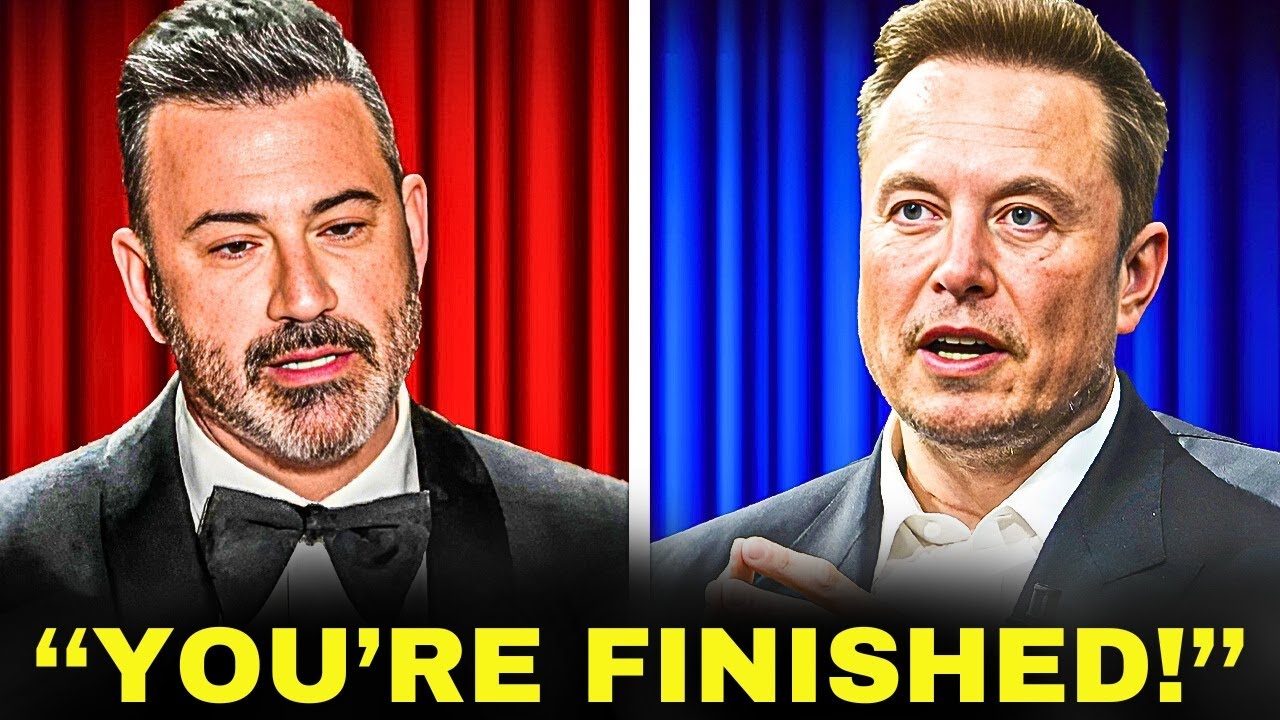In a stunning turn of events that rippled through the beverage industry, Bud Light, a titan in the world of beer, faced a staggering financial setback, losing nearly $500 million in just a single day. This shocking loss came despite the brand’s high-profile advertisement during Super Bowl LVIII, an event known for catapulting commercial participants into the spotlight and significantly boosting sales and brand recognition.
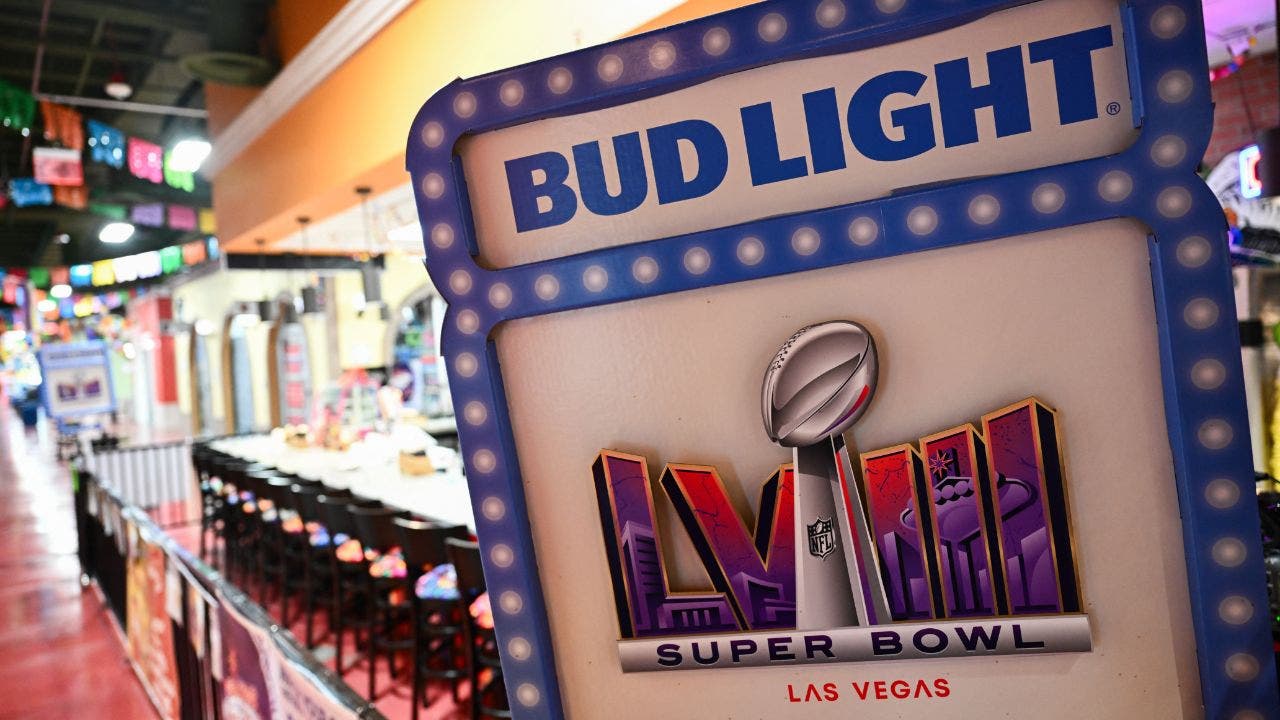
The Bud Light commercial, which featured the likes of rapper Post Malone and a CGI-rendered T. rex causing havoc at a house party, was designed to recapture the brand’s comedic roots and appeal to a broad audience. However, the aftermath painted a different picture, underscoring the complexities and challenges of brand management in today’s fast-evolving cultural landscape.
Bud Light’s Super Bowl LVIII ad aimed to strike a chord with viewers through its blend of humor, celebrity endorsement, and special effects. The brand intended to move past a tumultuous year marred by controversy and boycotts stemming from a social media promotion with transgender influencer Dylan Mulvaney and comments by Bud Light’s then-marketing chief that criticized the brand’s previous “fratty” humor as out of touch. In response to the backlash and aiming to mend fences with its consumer base, Bud Light pivoted back towards its comedic advertising roots, hoping to reignite the spark with its audience.

The financial losses Bud Light experienced in the wake of its Super Bowl advertisement were not merely a reaction to the ad itself but a culmination of a year-long struggle to regain its footing. The brand’s association with Dylan Mulvaney and the subsequent boycott by a segment of its consumer base had already put Bud Light in a precarious position.

Efforts to course-correct were met with mixed reactions, highlighting the delicate balance brands must maintain in a polarized society. The podcast remarks from Bud Light’s marketing leadership, which criticized the brand’s past marketing strategies, only added fuel to the fire, alienating long-time consumers who felt disconnected from the brand’s new direction.
Super Bowl commercials are notoriously expensive, with brands shelling out millions of dollars for mere seconds of airtime, all in the hope of capturing the attention of the nearly 100 million viewers that tune in each year. Bud Light’s investment in a high-energy, celebrity-filled ad was a calculated risk meant to showcase the brand’s return to its humorous, irreverent roots. However, the reaction to the ad suggested that Bud Light’s message may have missed the mark, failing to resonate with viewers still wary of the brand’s recent controversies or those seeking more than just a return to comedy for reassurance.
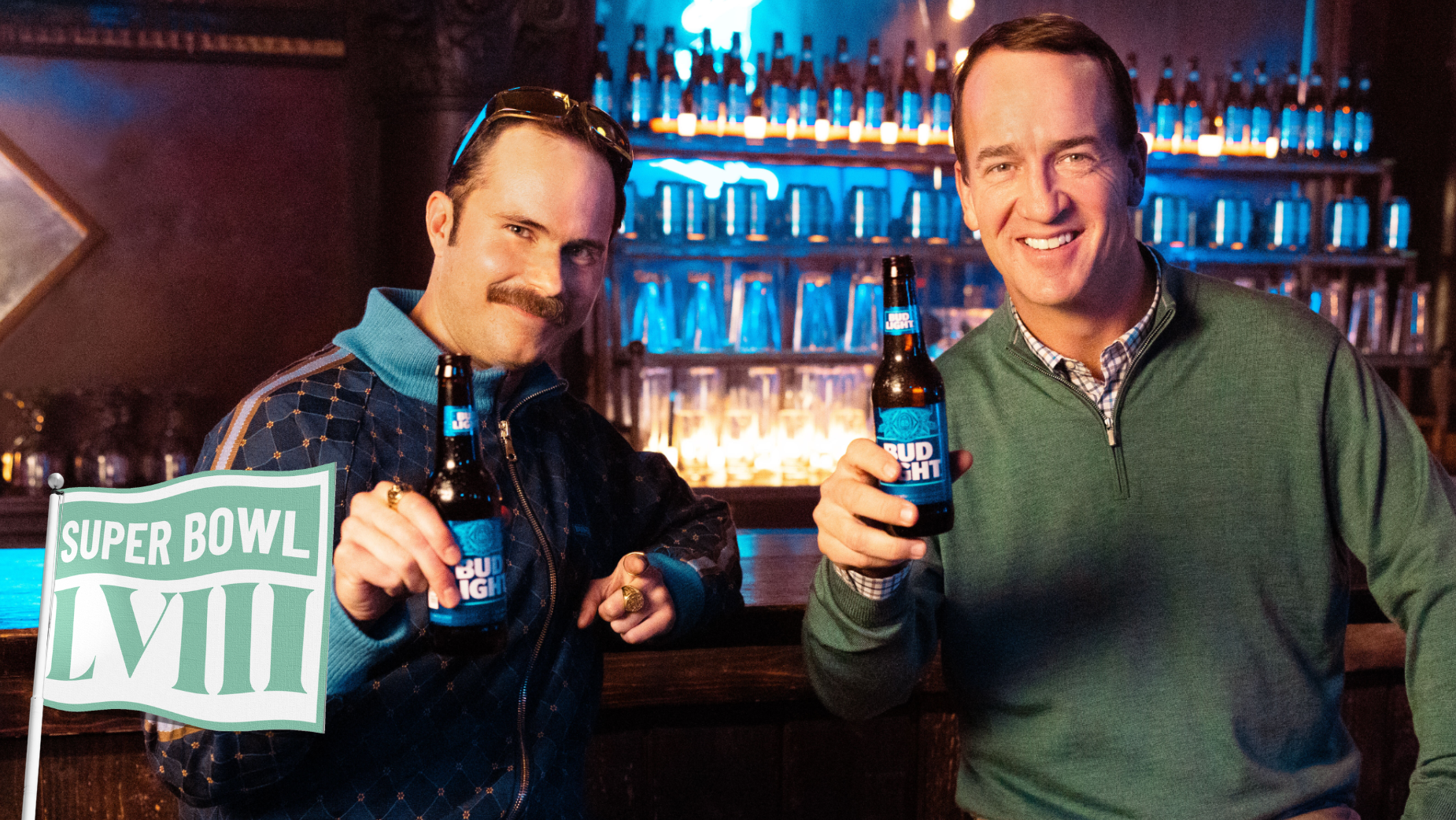
The nearly $500 million loss Bud Light incurred is a stark reminder of the high stakes involved in brand positioning and marketing in the current era. This financial hit reflects not just a response to a single advertisement but the broader challenges Bud Light faces in reconnecting with a divided consumer base. Analysts and industry observers point to the need for a more nuanced approach to brand rehabilitation, one that goes beyond surface-level appeals to humor and addresses the core values and concerns of its audience.
For Bud Light, the path forward involves a delicate balancing act of reclaiming its identity as a fun-loving, universally appealing beer brand while also navigating the sensitivities and demands of a diverse and often polarized marketplace. This will likely require a strategy that blends humor with sincerity, acknowledges past missteps, and engages with consumers in a way that feels authentic and inclusive.

Moreover, Bud Light’s experience underscores a broader lesson for brands in all sectors: in an age where social media can amplify controversies and consumer expectations are higher than ever, the road to redemption is complex and multifaceted. It demands a strategy that looks beyond traditional advertising and embraces genuine engagement, transparency, and a willingness to evolve.
Bud Light’s financial losses in the wake of its Super Bowl LVIII advertisement are a sobering reminder of the volatile nature of brand loyalty and the power of consumer sentiment. As Bud Light looks to the future, its efforts to recapture the hearts and minds of its audience will undoubtedly be closely watched by industry observers and consumers alike. The brand’s journey offers valuable insights into the challenges and opportunities that lie in navigating brand controversies, the importance of understanding and responding to consumer sentiment, and the enduring power of authentic engagement in rebuilding trust and loyalty.

